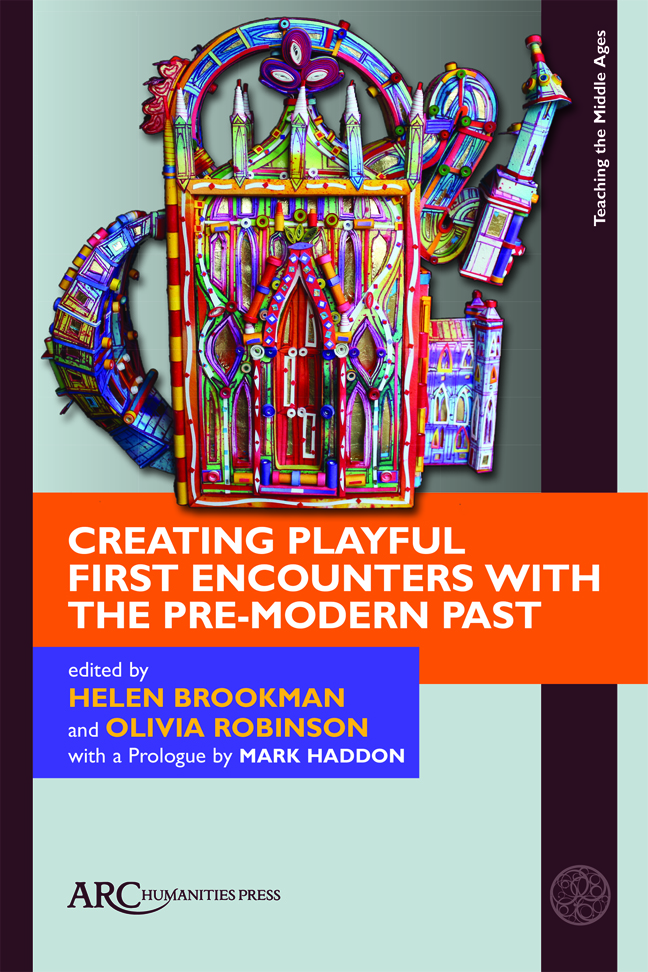4 - Playing Shakespeare in the Elementary Classroom
Published online by Cambridge University Press: 17 February 2024
Summary
THIRTY YEARS AGO, in my first experience as a grant funded artist in residence in a US public school, I set out to guide a diverse classroom of students in grades 4 and 5—roughly equivalent to Key Stage 2 in the UK—through a performance based exploration of the words, characters, and story of A Midsummer Night's Dream. I was an aspiring theater director at the time, and I had led dozens of workshops on Shakespeare's language in high schools, but fourth and fifth graders were something of a mystery to me. I wondered: Could nine year olds really learn these 400- year old lines and speak them in character? What would they make of the world of this story? How much of the play would they be able to take on? What followed was a learning adventure that opened up, in the words of plucky weaver Nick Bottom from Midsummer, a “most rare vision” for everyone involved. Our journey began at Halloween with a pared down version of the third Macbeth witches scene, played with costumes and flashlights as dry ice bubbled in a plastic cauldron; eight months later we wrapped up the year with a spirited 90- minute performance of Midsummer that kicked off with an improvised five minute prologue of sorts in which various characters bumped into each other in the streets and stalls of Athens: “Hey Quince, is that canopy ready for the wedding?” “Not yet, Duke, but I’m almost done!” Our painted butcher paper and cardboard set, created over several weekends by the students, transformed one end of their open area classroom into bustling Athens and the other into an enchanted Pacific Northwest old-growth forest. Students made props and masks, wrote character biographies (Oberon likes pizza, it turns out), painted character portraits, and created a comic book version of the first few scenes.
As summer approached, the class gave three final performances over a weekend and parents were astonished. “I saw a side of my child I’ve never seen before,” one mother said to me. Twenty years later, our young Lysander—who also learned the “Once more into the breach” speech from Henry V and performed it as a curtain raiser—still vividly recalled the experience: “What seems most striking to me now is I can't ever remember thinking that doing Shakespeare consisted of ‘work,’ “ he wrote me in a 2012 email.
- Type
- Chapter
- Information
- Publisher: Amsterdam University PressPrint publication year: 2023



